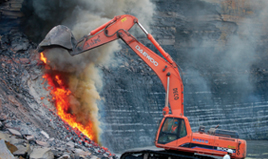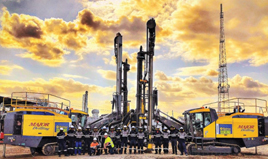


Foamtech Antifire company conforms to all the national and international approvals, certifications and guidelines
Foamer Oil Spill Dispersant
Oil is a major pollutant in the ocean, and marine oil spills are one of the major threats to the fragile flora and fauna. The consequences of an oil spill are profound and irreparable; thus, the problem has attracted much attention from stakeholders, policymakers, technologists, environmentalists, and local people from the coastal regions.
The purpose of any oil spill response is to minimize environmental damage that could be caused by the spill. Dispersants are used to accelerate the removal of oil from the surface of the sea by greatly enhancing the rate of natural dispersion of oil and thus preventing it from washing ashore.
INTRODUCTION
FOAMER BRAND OIL SPILL DISPERSANT is the new generation dispersant, approved as Type II and Type III by the National Institute of Oceanography, India. It can be used concentrated or diluted to a ratio of 1:10 depending on the contamination level and the area of application. It is an efficient and environmentally friendly product containing no hydrocarbons. It has been specifically designed for oil dispersion at sea, at the shore, and in port, either on- or off-board.
- FOAMER BRAND OIL SPILL DISPERSANT Type-III dispersants are concentrates to be used in the neat (concentrated)
form. - FOAMER BRAND OIL SPILL DISPERSANT Type-II dispersants are dilatable concentrates with a similar formulation to
Type-III product. Dilution is normally done to 10% (v/v) with seawater.
LISTINGS AND APPROVALS
Foamtech FOAMER BRAND OIL SPILL DISPERSANT is tried, tested, and approved by CSIR-National Institute of Oceanography as per specifications by Warren Spring Laboratory (WSL), UK, and Indian Coast Guard (2009).
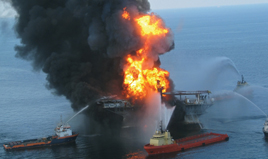

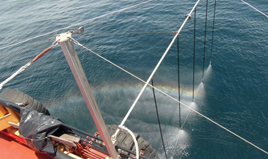
Drill Foam
The risk present in the offshore oil and gas exploration and mining can create a highly combustible and unstable atmosphere, making it essential that fire prevention is done carefully. Offshore oil and gas fires are a serious safety hazard, affecting the environment by releasing toxic fumes and damaging surface infrastructure & human lives globally. Mine fires and rig fires cannot be directly attacked due to heat, smoke, accessibility, or hazardous roof conditions.
FOAMER DRILL FOAM is one way to prevent the fire from a remote, safe underground location. FOAMER DRILL FOAM is a blanketing and cooling agent produced by a combination of water, air, and foam concentrate. Drill foam is a means of conveying water directly to the drill, diluting the oxygen concentration by producing steam and blocking both air currents to the fire and radiant energy from the burning fuel. Apart from that, FOAMER DRILL FOAM also acts as a coagulant, and by removing cuttings from the drilled areas, it reduces downtime and fire risks.
FOAMER DRILL FOAM is one way to prevent the fire from a remote, safe underground location. FOAMER DRILL FOAM is a blanketing and cooling agent produced by a combination of water, air, and foam concentrate. Drill foam is a means of conveying water directly to the drill, diluting the oxygen concentration by producing steam and blocking both air currents to the fire and radiant energy from the burning fuel. Apart from that, FOAMER DRILL FOAM also acts as a coagulant, and by removing cuttings from the drilled areas, it reduces downtime and fire risks.
FOAMER DRILL FOAM Concentrate is a biodegradable mixture of anionic surfactants [hydrophobic & hydrophilic couple] that has been formulated for use in the mineral, coal & water well drilling industries.
Drill foam is effective in fresh, brackish, and hard water.
Advantages
- Environmentally friendly and biodegradable.
- Generates instant high-foam quality with exceptional stability.
- Economical, it produces stable foam at low concentrations.
- Reduces air requirements and allows deeper drilling
- Compatible with fresh, brackish, and saltwater.
- Effective in suppressing dust.
- Serves a dual purpose as a flame retardant and coagulant.
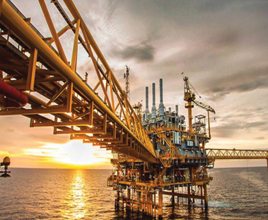
UTILIZATION TECHNIQUE
FOAMER DRILL FOAM Concentrate should be mixed with water at 0.5-1.5% by volume and injected into the air stream to obtain consistent foam. To control severe water influx, increase foam concentration and decrease injection rate. The rate of injection will depend on hole size, compressor output, water flow rate, etc.
